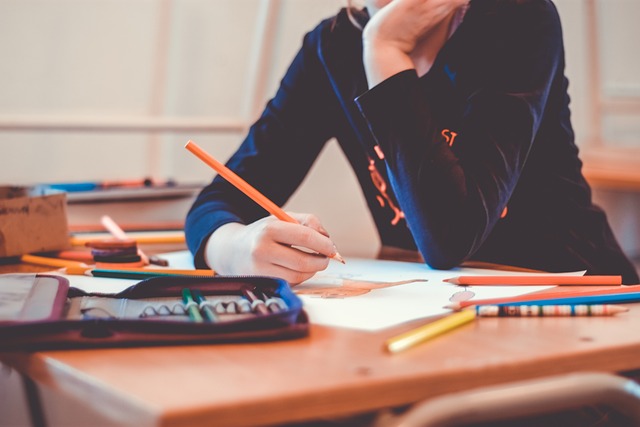The Benefits of Integrating Social-Emotional Learning into College Freshman Orientation
Incorporating social-emotional learning into college freshman orientation programs can greatly benefit students as they navigate their new academic environment. By fostering skills such as self-awareness, empathy, and effective communication, students are better equipped to manage stress, build healthy relationships, and make informed decisions during their college years.
Furthermore, integrating social-emotional learning into orientation helps students develop a strong sense of belonging and community within the campus. This sense of connection can reduce feelings of isolation and anxiety often experienced by new students, leading to improved overall well-being and academic performance. In essence, by prioritizing social-emotional skills early on, colleges can set their students up for success in both their academic and personal lives.
Enhances self-awareness, empathy, and communication skills
Better equips students to manage stress and build healthy relationships
Helps students make informed decisions during their college years
Develops a strong sense of belonging and community within the campus
Reduces feelings of isolation and anxiety in new students
Leads to improved overall well-being and academic performance
Understanding Emotional Intelligence and its Impact on Academic Success
Emotional intelligence plays a crucial role in determining an individual’s academic success. Higher levels of emotional intelligence have been linked to better self-regulation, stress management, and resilience, all of which are essential skills for thriving in a college environment. Students with a high emotional intelligence quotient are more adept at handling the pressures and challenges that come with academic coursework, enabling them to perform better in their studies.
Furthermore, emotional intelligence contributes greatly to effective interpersonal relationships, which are key to succeeding academically. Students with strong emotional intelligence are better equipped to navigate social interactions, resolve conflicts, and collaborate with peers on group projects. These skills not only enhance the overall college experience but also lay a foundation for building a supportive network of classmates and friends that can provide valuable academic support and motivation.
Building Stronger Peer Relationships through Social-Emotional Skills
Social-emotional skills play a crucial role in fostering stronger peer relationships among college students. When individuals are equipped with the ability to understand and manage their emotions, they are better able to communicate effectively and empathize with others. This leads to more meaningful connections and a deeper sense of belonging within the college community.
Furthermore, social-emotional skills help students navigate conflicts and disagreements in a constructive manner. Instead of resorting to aggression or avoidance, individuals with strong emotional intelligence can address issues openly and work towards finding mutually beneficial solutions. By promoting self-awareness and relationship-building skills, colleges can create a more inclusive and supportive environment where students feel empowered to engage with their peers in a positive way.
What are some key benefits of incorporating social-emotional learning into college freshman orientation?
Incorporating social-emotional learning into college freshman orientation can help students develop crucial skills such as self-awareness, empathy, and communication, which can lead to stronger peer relationships, better academic performance, and overall well-being.
How does emotional intelligence impact academic success?
Emotional intelligence plays a significant role in academic success as it allows students to effectively manage stress, navigate social situations, and communicate with peers and professors. Students with high emotional intelligence tend to have better problem-solving skills and resilience, which can contribute to their academic achievements.
How can social-emotional skills help in building stronger peer relationships?
Social-emotional skills such as empathy, active listening, and conflict resolution can help students communicate effectively, understand others’ perspectives, and build trust with their peers. By developing these skills, students can create deeper connections, resolve conflicts more peacefully, and establish a supportive network of friends and colleagues.







